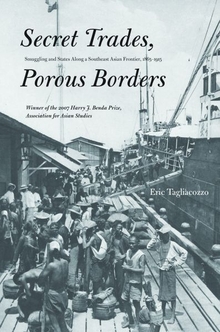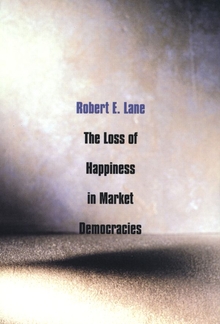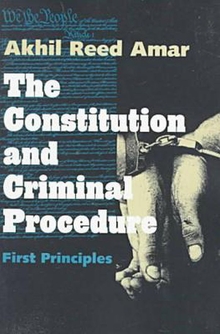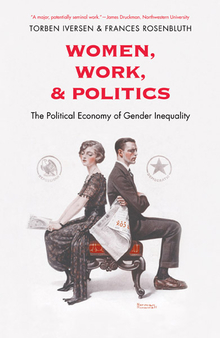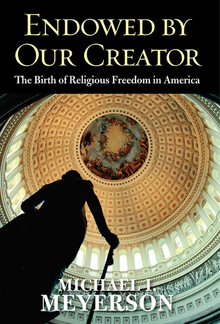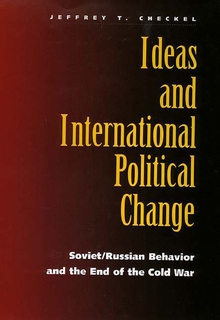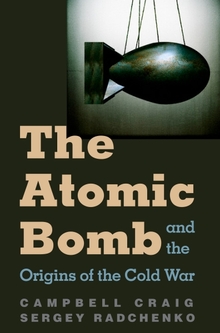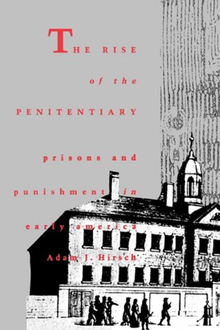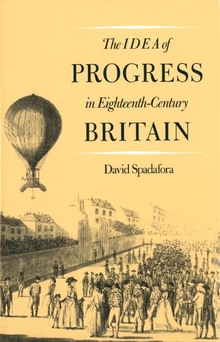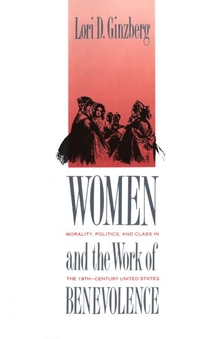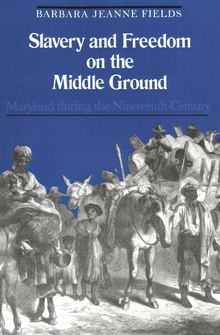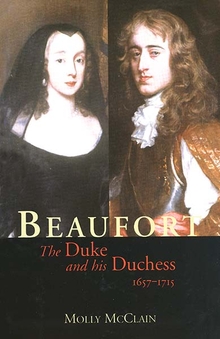Secret Trades, Porous Borders
WARNING
You are viewing an older version of the Yalebooks website. Please visit out new website with more updated information and a better user experience: https://www.yalebooks.com
Smuggling and States Along a Southeast Asian Frontier, 1865-1915
Eric Tagliacozzo
Over the course of the half century from 1865 to 1915, the British and Dutch delineated colonial spheres, in the process creating new frontiers. This book analyzes the development of these frontiers in Insular Southeast Asia as well as the accompanying smuggling activities of the opium traders, currency runners, and human traffickers who pierced such newly drawn borders with growing success.
The book presents a history of the evolution of this 3000-km frontier, and then inquires into the smuggling of contraband: who smuggled and why, what routes were favored, and how effectively the British and Dutch were able to enforce their economic, moral, and political will. Examining the history of states and smugglers playing off one another within a hidden but powerful economy of forbidden cargoes, the book also offers new insights into the modern political economies of Southeast Asia.
Eric Tagliacozzo is associate professor of history and Southeast Asian studies at Cornell University.
"By tracking the construction of modern political borders and their illicit crossing by people, objects, and ideas, this superb study reveals the ambitions and anxieties that fueled colonial state building in Southeast Asia. Tagliacozzo provides us with a masterful foray into contradictions at the heart of colonial power."—Danilyn Rutherford, University of Chicago, author of Raiding the Land of the Foreigners: The Limits of the Nation on an Indonesian Frontier
"Taglicacozzo presents a new way of understanding Indonesian histories through mapping, enclosing and border crossings. He tracks the movement of drugs, women and weapons, and reveals a world of smugglers, counterfeiters and hajis who evaded, avoided or ignored colonial strictures. Tagliacozzo’s account is erudite and readable."—Jean Gelman Taylor, author of Indonesia: Peoples and Histories
"Secret Trades, Porous Borders offers an approach excitingly free of the disciplined narrow-mindedness that so often appears inseparable from Southeast Asian studies and area studies in general. Meticulous as it is in its details of the Dutch-Indies and British-Malaya between 1865 and 1915, the book engages its reader in thinking life-sized about the modern world."—Rudolf Mrázek, University of Michigan, author of Engineers of Happy Land
Winner of the 2007 Harry J. Benda Prize in Southeast Asian Studies granted by the Association for Asian Studies
Publication Date: January 13, 2009
24

